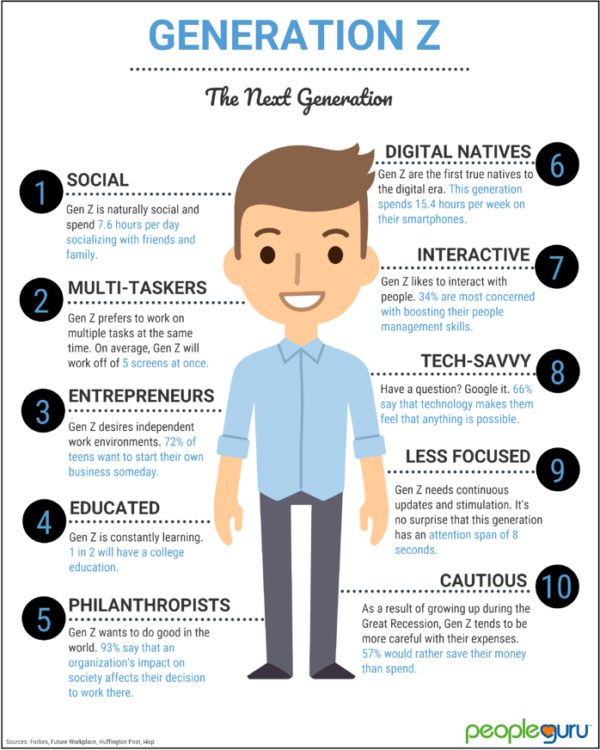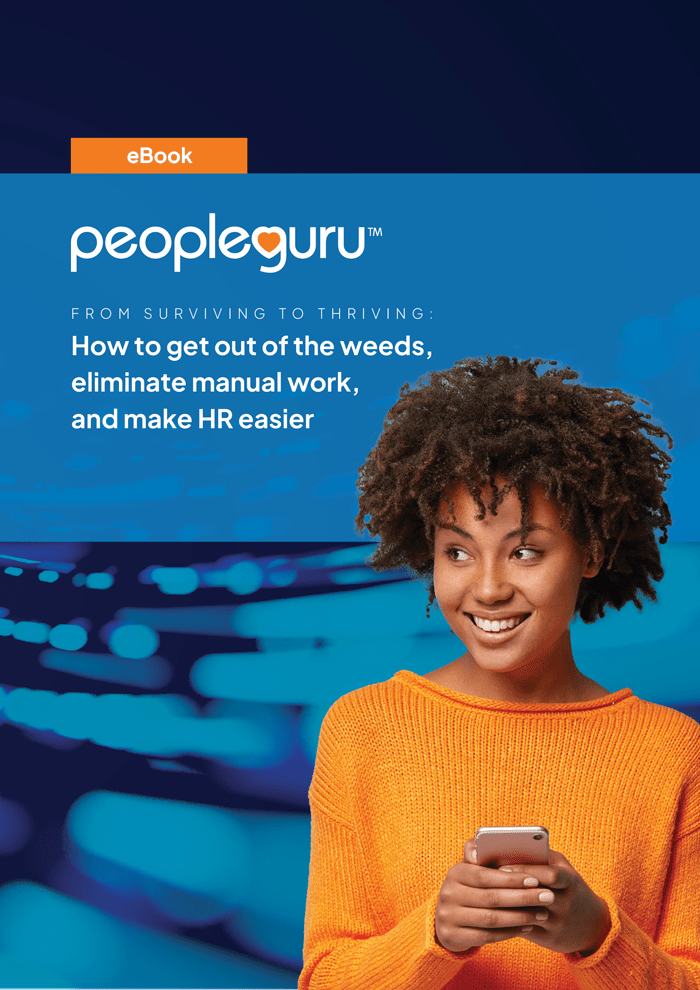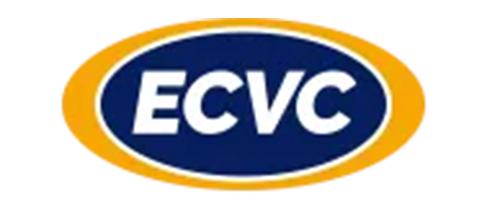
The 5 Things Everyone in HR Should Know About Generation Z
With nearly 70 million members, Generation Z is the newest generation to enter the workforce. While Gen Zers (or Zoomers) share similarities with other generations like Millennials (or Gen Yers), Gen Xers, and Baby Boomers, there are also some key differences that HR and talent management leaders need to be aware of.
What are the most important differences between Gen Z and the other generations in the workplace? In this eBook, we present five of the most important differences and tips for how HR leaders can meet the needs of this unique generation.
Tech-savvy

Born between 1997 and 2012, Zoomers are part of the first generation that has been immersed in the digital age from birth. On average, they spend 15.4 hours on their smartphone per week and they are true digital natives who navigate multiple devices with ease. While most prefer multitasking, some can work off of as many as five screens at once.
Not only are they pros at navigating technology, they are also optimistic about its potential. While other generations might be skeptical about what technology can do for the world, 66% of Gen Zers say that technology makes them feel that anything is possible.
HR Tip: With their natural optimism, don’t be afraid to leverage Gen Z’s enthusiasm for new technologies as you look to incorporate them into you workplace.
Highly educated

Members of Gen Z are more educated than the generations that came before them. For example, they are more likely to have graduated from high school than previous generations, setting the foundation for success.
More than half (57%) are enrolled in two- or four-year college (compared to 52% of Millennials at the same age). While college attendance has gone up every generation, 44% of Zoomers have a parent with at least a bachelor’s degree compared to just 33% of Gen Y.
The rise of college-educated parents might be increasing how much education Gen Z gets but they are finding their own unique path as well. More of them are choosing two-year programs, with half eschewing traditional four-year degrees. Others are choosing technical or certificate-based programs.
HR Tip: When advertising and hiring for jobs, consider accepting applications from candidates with non-traditional paths to education in addition to traditional degree programs.
Ethnically diverse

The U.S. has been getting more diverse every generation as well but Zoomers are on the cusp of history. Pew Research estimates that by 2026, Gen Z will become the first generation to be a majority non-white.
They are already well on their way today, with a quarter being Hispanic. While 82% of Boomers were non-Hispanic whites, just around half of Gen Z are today.
It’s not just racial and ethnic diversity, either. Nearly a quarter of Gen Z are children of at least one immigrant, giving them a more global perspective on the world and the workplace. This class of work newcomers is accustomed to seeing diversity in their daily lives and won’t be as comfortable in homogeneous environments as past generations.
HR Tip: Consider boosting your overall diversity, equity, inclusion, and belonging (or DEIB) efforts, and make sure you include age when defining a diverse workforce.
Purpose-focused

Gen Z has grown up in a world that is rapidly changing. Most of them have lived with the realities of a post-9/11 world in the U.S. for their entire lives and have come to age during a pandemic, racial reckoning, and global climate change.
These factors have made Gen Z more aware of and more concerned with the realities of what’s happening beyond their small slice of the world. They’re hyper-focused on mental health, civic engagement, racial equity, and the environment as causes they care about.
More importantly, a vast majority (93%) say that an organization’s impact on society affects their decision to work there. They are looking for organizations that are a good fit for them — and the world.
HR Tip: Consider investing in social good or ESG programs (or redoubling efforts on existing initiatives) to appeal to and align with Gen Z’s sense of purpose.
Entrepreneurial

While the youngest members of Gen Z are just entering middle school and the oldest are just out of college, nearly 40% of Gen Z have already entered the workforce — either with a part- or full-time job or are self-employed with their own business.
They have grown up in the age of social media influencers who have paved their own path to entrepreneurial independence and peers who looked outside of traditional career paths. More than 70% of Zoomers want to start their own business someday and 22% of Gen Z say that being financially independent by age 30 is their top goal.
Members of Gen Z are looking for opportunities to be entrepreneurial, even within the confines of a job and they are more likely to leave their job to find roles that will fulfill their desires.
HR Tip: Provide gig or project-based opportunities to Gen Z employees so that they can flex their entrepreneurial muscles and try new types of work without leaving your organization.
Conclusion

Every generation that enters the workforce is different and Gen Z is no exception. From their high-tech competency to their entrepreneurial spirit, Gen Z gives every organization hope for a bright, prosperous future.
While we covered just five of the biggest differences, HR and talent leaders will have to shift and make accommodations across the board to make Gen Z feel welcome and productive in the workplace. When you do that, you’ll be able to attract and retain the best this new generation has to offer.

Millennials have been the main focus point for the past few years, but now, there’s a new generation ready to take the spotlight.
Generation Z is comprised of individuals born between 1995 and 2010. This generation accounts for 25.9% of the U.S. population and contributes $44 billion to the American economy.
2017 marked the first full year that Gen Z settled into the workplace. Although there are many similarities between Gen Z and their predecessors, the Millennials, it’s critical for leaders to understand the unique characteristics of this generation.
Eliminate manual work and make HR easier
Get this free eBook to learn how you can modernize your HR like a Fortune 500 company, without spending a fortune.

Psst: Our newsletters are basically
HR cheat sheets, delivered to
your inbox
Find daily inspiration and get tips for your day
Network with us on LinkedIn
Love tips and the occasional freebie?
Like us on Facebook
On the count of 3,
get ready to
say cheese!
We’re on Instagram
The best 280 characters you’ll ever read
Follow us on Twitter
Watch demos, learn features and much more
Subscribe to our channel









